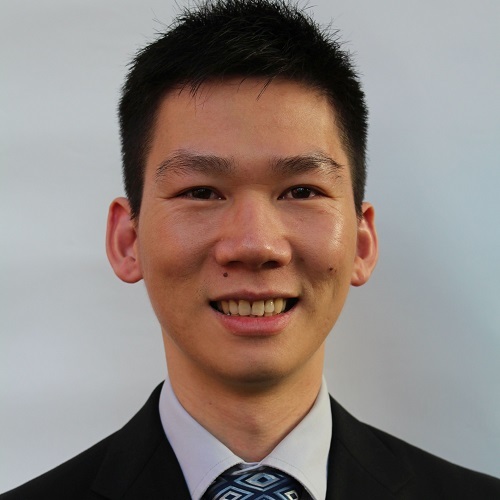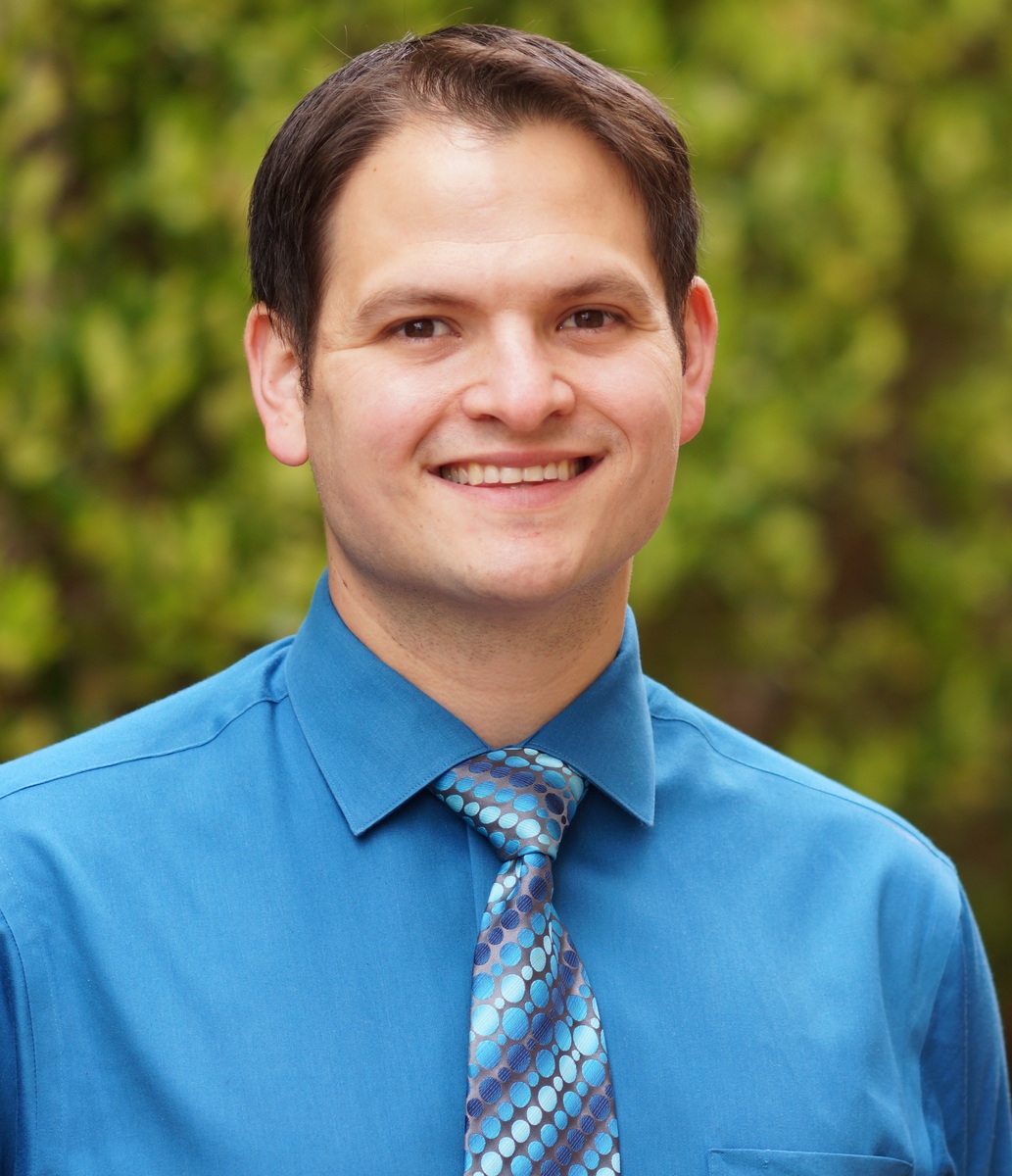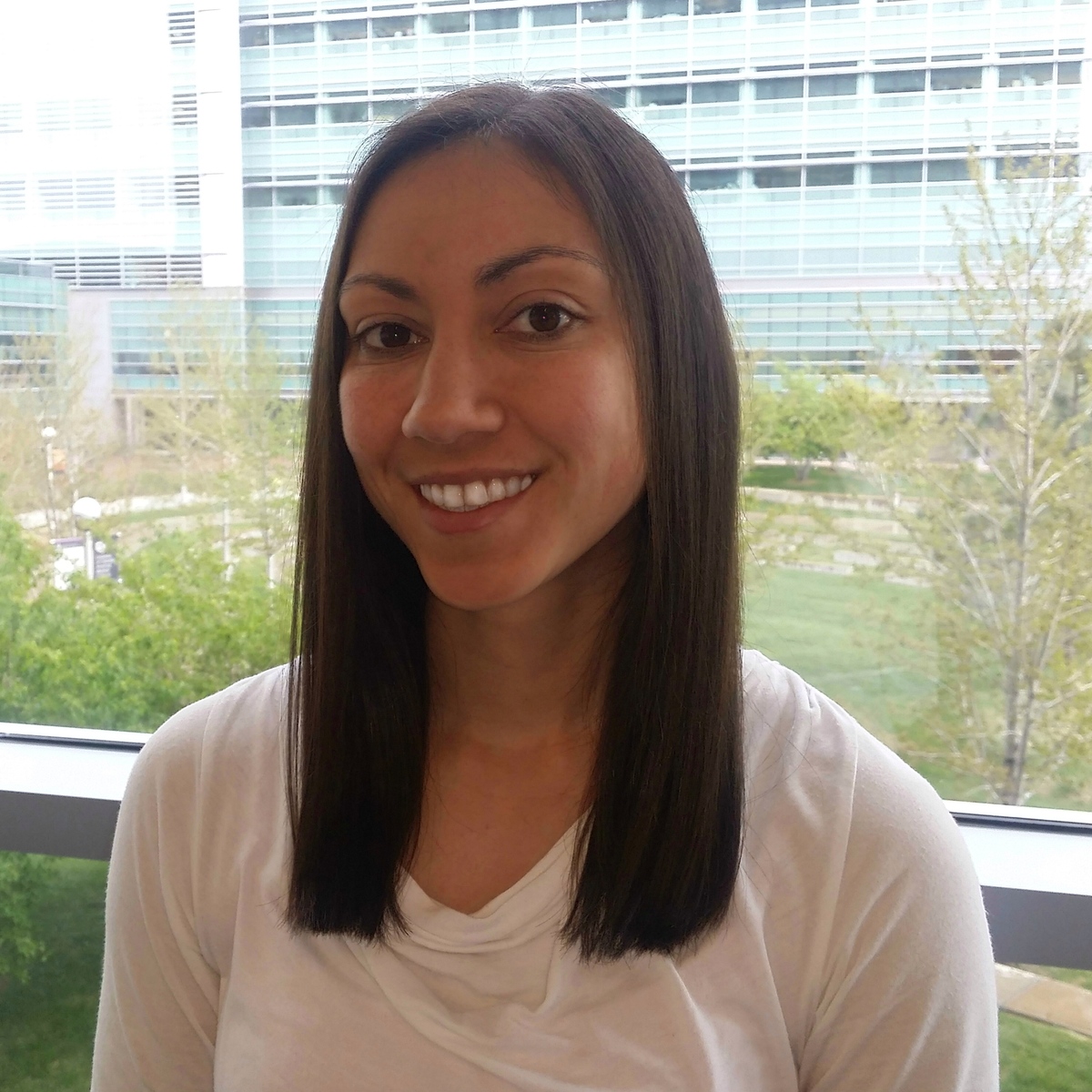FSR is consistently working to ensure that researchers and physicians have plentiful opportunity to get involved in the world of sarcoidosis research. One such way is our recent $1M investment in our new Clinical and Research Fellowship Program. We also recently give out travel awards to aid four engaged presenters
Presenting through the Americas Association of Sarcoidosis and Other Granulomatous Disorders (AASOG) Annual Conference, the first authors on the top four abstracts submitted for presentation were chosen to receive a FSR-Sponsored Trainee Travel Award in the amount of $500. Trainee travel awardees will give oral presentations at a special “Featured Abstracts” session during the conference held in Chicago, IL this April.
Meet our 2018 AASOG Trainee Travel Awardees:

“I am currently working in Dr. Elliott Crouser’s lab with T-32 support to investigate the mechanisms of sarcoidosis granuloma formation by focusing on the effects of macrophage polarization. I am thrilled to present our work at AASOG 2018. However, I am even more excited to meet so many important men and women in the world of sarcoidosis at a single place as this is my first time attending AASOG. I have read many of their publications during the past years.“
 Dr. Nicholas Arger: High T-bet expression in peripheral T helper cells correlates with pulmonary function change in sarcoidosis
Dr. Nicholas Arger: High T-bet expression in peripheral T helper cells correlates with pulmonary function change in sarcoidosisDr. Arger is a pulmonologist and translational researcher at UCSF who studies T cell biology in sarcoidosis under the mentorship of Dr. Laura Koth. Using the UCSF longitudinal sarcoidosis cohort that Dr. Koth has established over the past several years, Dr. Arger measured the expression of master regulatory transcription factors for the Th1 and Th17 subsets in sarcoidosis patients with active and inactive disease, as defined by changes in their pulmonary function and their immunosuppression history. He identified a distinct population of cells with high expression of the Th1 transcription factor, T-bet, and found that these cells were found almost exclusively in patients with active disease. This population of cells could thus be useful as a potential blood biomarker for active inflammation in patients with chronic sarcoidosis.
 Dr. Angela Mitchell: T Cell Receptor Usage and Antigen Discovery in Löfgren’s Syndrome
Dr. Angela Mitchell: T Cell Receptor Usage and Antigen Discovery in Löfgren’s Syndrome
